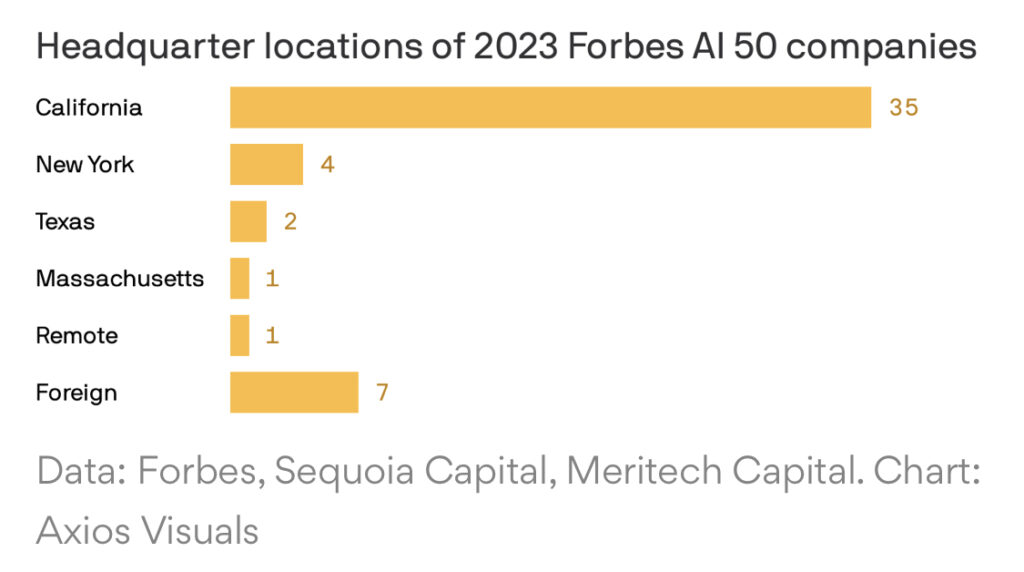Books, etc.
A bookshop in rural France.
And the etc.?
Just this:
Interesting conjunction: tampons and faxes, eh?
Quote of the Day
”Even if you’re not interested in climate change, climate change is interested in you.”
- Andrew Curry, in his consistently perceptive Substack blog.
Musical alternative to the morning’s radio news
Cormac Begley | ‘To War’ | Traditional Irish Jig on a Bass Concertina
Long Read of the Day
The Autism Surge: Lies, Conspiracies, and My Own Kids
Astonishing — and deeply troubling — essay by Jill Escher.
In the summer of 2001 we took our younger son, two-year-old Jonathan, to the neurologist. He hadn’t developed speech, never played with toys, and had a compulsion to stare at cracks in the pavement while flapping his hands. The diagnosis was almost instant: autism. “He has it in spades,” the doctor said.
Autism? We had hardly heard the term growing up, and we had nothing remotely like it up our family trees. My pregnancy was healthy and free from risk factors. Yet here we were, handed a devastating diagnosis, with our son sentenced, for no reason we could discern, to a lifetime of severe mental impairment. And it wasn’t just Jonny. All around us grew a rapidly rising tide of autism. The numbers were surging in the local school districts. The regional developmental disability agency had become overwhelmed with new autism intakes. Serious autism, hard autism—not a sort anyone would have missed before.
When I was pregnant five years later, doctors assured me it was unlikely lightning would strike twice, especially because Jonny’s autism was not caused by some familial genetic defect, but by the time adorable Sophie was 16 months old, the signs were clear. No pointing, no peekaboo, no playing with toys. Like her brother, she met none of her cognitive or language milestones, not even close. Autism, again. In spades.
Today, despite extensive therapies and specialized schooling, both Jonny, 24, and Sophie, 17, remain nonverbal and profoundly disabled by autism…
One of the most sobering pieces I’ve read all year.
How Hollywood’s strikes show that we can’t trust corporations with AI
This is an excerpt from the Observer’s Second Leader on Sunday.
The continuing dispute between the Hollywood studios and screenwriters’ and actors’ unions perfectly exemplifies the extent of the challenges posed by AI. Both groups are up in arms about the way online streaming has reduced their earnings. But the writers also fear their role will be reduced simply to rewriting AI-generated scripts; and actors are concerned that detailed digital scanning enabled by new movie contracts will allow studios to create persuasive deepfakes of them that studios will be able to own and use “for the rest of eternity, in any project they want, with no consent and no compensation”.
So this technology isn’t just a better mousetrap: it’s more like steam or electricity. Given that, the key question for democracies is: how can we ensure AI is used for human flourishing rather than corporate gain? On this question, the news from history is not good. A recent seminal study by two eminent economists, Daron Acemoglu and Simon Johnson, of 1,000 years of technological progress shows that although some benefits have usually trickled down to the masses, the rewards have – with one exception – invariably gone to those who own and control the technology…
By tradition, Leaders are always anonymous. But if you find the style oddly familiar, I couldn’t possibly comment.
Dr Oppenheimer, I presume?
Yesterday we went to see Oppenheimer, Christopher Nolan’s biopic of the life and times of the great physicist who led the Manhattan Project which produced the atomic bomb. It’s a striking, troubling and sometimes puzzling film. Here are some thoughts I came away with.
- Memorable performances by Cillian Murphy as Oppenheimer, Matt Damon as General Leslie Groves, Robert Downey Jr. as Lewis Strauss and Benny Safdie as Edward Teller.
- A renewed appreciation of the complexity of Oppenheimer as an individual — his cleverness, sensitivity, intellectual sophistication, internal confidence and integrity.
- A realisation that the Project would not have succeeded without the combination of Oppenheimer’s intellectual leadership and Groves’s determined cussedness and organisational muscle. The film captures the complexities of their relationship very well.
- I always thought that Lewis Strauss was a snake. The film confirms that.
- One comes away reflecting on the emotional and cognitive dissonances that plagued many of the scientists who worked on the project. They had a pretty good idea of what the bomb would mean for humanity. On the other hand, the prospect that the Nazis might get to it first was the thought that forced/allowed them to suppress their misgivings. Oppenheimer’s clear thinking about this was probably critical in persuading some of them. But whereas they could keep quiet about it in the aftermath, he was too public a figure, and too frank in expressing his concerns, not to become a target for Strauss and the political establishment in the post-war era. This is ultimately a film about power — a thought captured in a snatch of conversation between Oppenheimer and one of the scientists. Oppenheimer is saying that whatever the political establishment thinks of the scientific team “they need us”. “Yeah”, says the boffin, “until they don’t”. Spot on.
Coincidentally, the film comes out at a time when some of the geniuses behind ‘AI’ are loudly proclaiming that they are having their own ‘Oppenheimer moment’ — about the existential risks supposedly posed by the stuff on which they are energetically working. The hypocrisy and doublethink underpinning this faux angst is breathtaking.
Afterwards, physicist (and TV star) Brian Cox had an interesting conversation with the film’s Director. Worth watching. The official Trailer is here.
It’s long (180 minutes) but well worth seeing, IMO. If you do go, bring some earplugs. Nolan likes noise — lots of it.
Chart of the Day
AI corporate concentration in California
Meanwhile, Rishi Sunak burbles about making the UK an “AI Powerhouse”.
Building self esteem
Rebecca Lucy Taylor’s speech on being awarded an Honorary Degree by the University of Sheffield.
“When I was asked if I could accept this honorary doctorate my first thought was, ‘no I don’t deserve it. Everyone will think who is she anyway? She never went to uni.’” Rebecca Lucy Taylor, aka Self-Esteem, Britain’s funniest, frankest and – when receiving her doctorate at Sheffield University – most moving and vulnerable pop star, told an assembled hall of the recently graduated. “I’m not Beyoncé or Stanley Tucci or Michelle Obama. This morning when I looked at myself in the mirror and didn’t know if I looked good enough, I realised the journey is never over. Everything I said about believing in myself doesn’t come easy. It’s a life-long practice. You all committed to something, whether it came easy or naturally, whether it was a struggle when it was boring or maybe really really hard. Now you’re at the bottom of the next mountain. And you and me are just going to be constantly going up.” Words to live by if only we could read them through tears.
Source: Tortoise Media daily newsletter, Saturday 27 July.
Linkblog
Something I noticed, while trying to drink from the Internet firehose.
- Attn. recovering petrolheads… Caterham are building an EV! Yeah, really. Here’s the video.
This Blog is also available as an email three days a week. If you think that might suit you better, why not subscribe? One email on Mondays, Wednesdays and Fridays delivered to your inbox ay 6am UK time. It’s free, and you can always unsubscribe if you conclude your inbox is full enough already!



